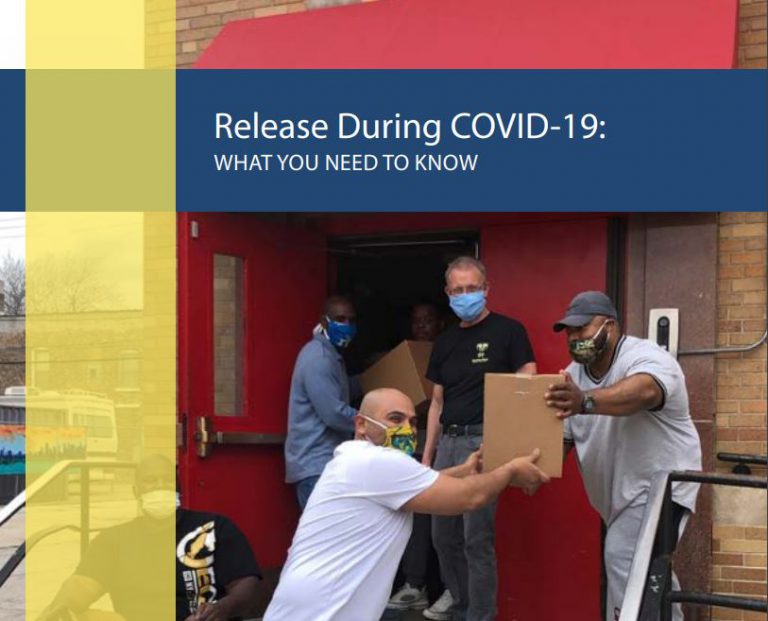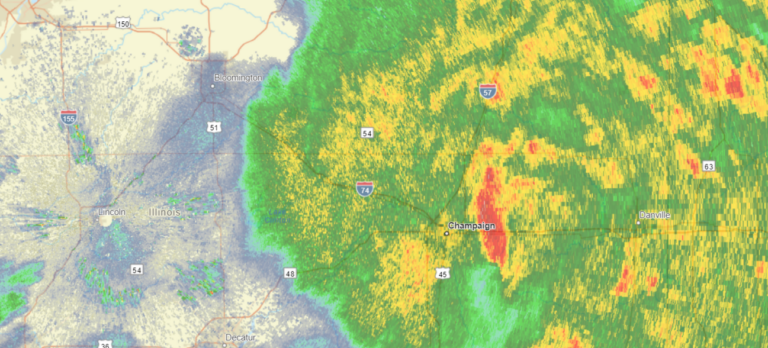A University of Illinois college-in-prison program created a reentry guide for those released from prison and jail during the COVID-19 pandemic.
Every year, the Education Justice Project updates one reentry guide to reflect the latest information about resources available to those released from prison and returning to Illinois communities, as well as another guide for those being deported to Central American countries following their release.
This year, however, Rebecca Ginsburg, EJP’s director, says it became clear the group needed to create a reentry guide specific to release during the coronavirus pandemic.
The group who worked on the document “interviewed people who had been released during (the COVID-19 pandemic) to understand what the particular challenges were, and they worked very hard to get the guide produced in one month,” Ginsburg says.
She says one challenge newly released people face is a lack of information about the virus.
“And the guide seeks to provide that,” Ginsburg says. “So they know, for example, why it’s so important to wash your hands regularly.”
The guide advises people released from incarceration to quarantine for 14 days before interacting with their family, and it also provides guidance for what to do if they fall ill.
Linda Larsen, who co-coordinates the reentry guide project for EJP, says asking people to isolate from their loved ones can be especially difficult when they haven’t seen them in months or years. She says she’s heard from people released from prison or jail during the pandemic who have expressed a sense of despair.
“It’s hard to be coming home at this time when you think you’re going to be able to see your friends and family and be connected to your support network and yet you feel more isolated than ever,” Larsen says. “It can feel a little bit like incarceration itself, you know, this feeling of isolation when you get home.”
Ginsburg and Larsen say the financial realities for formerly incarcerated people can also take a hit on their mental health and well being.
“Fears about finding a job, about finding shelter and food, about how long this is going to last — there’s just a lot of uncertainty. There’s a lot of uncertainty for all of us, but I think especially for people who are undergoing this transition,” Larsen says.
Additionally, tasks like getting an ID, which were already challenging for formerly incarcerated people, are practically impossible while the state remains under a stay at home order, Ginsburg says.
“And of course, the job market is terrible. It’s terrible for people who were already employed, and for people coming out without a good work history who have been locked up for many, many years, it’s going to be very hard to get a decent job,” she says.
Larsen says the good news is that resources are available.
“The other takeaway is that there are some amazing organizations out there that are helping and our hope is that we can connect individuals to those organizations,” Larsen says.
She says they plan to send thousands of copies of the guide to Illinois prisons, with the hope that anyone leaving during the pandemic will receive one. Ginsburg says the guide will be updated as circumstances and available resources change.
You can find EJP’s COVID-19 reentry guide online here.
Follow Lee Gaines on Twitter: @LeeVGaines







